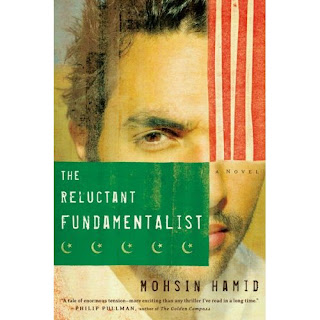
Henry Gustav Molaison, a man suffering from post operative amnesia died a week ago at the age of 82. Until his death, Molaison was known to the world as HM, the amnesiac who helped neuroscientists understand the processes involved in short and long term memory. For the first 27 years of his life, Molaison suffered from intractable seizures. In 1953, in a drastic attempt to treat his seizures, his doctors resected his brain's temporal lobes. His seizures improved tremendously but he lost his ability to acquire new memories.
Imagine this, for 55 years until his recent demise, this man lived with memories he acquired in the first 27 years of his life. None of the life experiences of the last five decades have lasted more than thirty seconds, the average duration of short term memory. He was unable to remember anything new he saw, read. smelled, tasted or heard. One can also imagine that any emotion aroused by these new sensory experiences would be equally lost. Nothing stuck; not the sight of a beautiful woman, nor a gorgeous scenery, nor a sublime painting, nor a catchy melody, nor an enchanting scent. The taste of a delicious new dish would dissipate into the ether as soon as the meal was over and the name and appearance of a new friend would elude him as soon as he turned his back. It is hard to overestimate the importance of memory to our existence, to our humanity and to our life's experience.
Molaison's tragic life fascinates me. For as much as he has helped neuroscientists understand the brain's memory processes, I am intrigued by Molaison, the human being and how his memory deficit affected his personality and his outlook on life. Since we are the sum total of our life experiences, was Molaison then the same man at 82 that he was at 27? And if so were his established memories more vivid because there were so few memories for a man of his age or had his memories faded with the passage of half a century? And how does a man like him face life every morning?
I can imagine him waking up every morning full of optimism and wonder at all of his new experiences, his mind, a nearly blank slate, unencumbered by the unpleasantness of the recent past. The quarrel with a friend or the illness of a loved one would be forgotten as would be all the trickle of grim news about war, pestilence and hunger from around the world. On the other hand, I can imagine him waking up flat-affected, somewhat confused by his inability to interpret his new experiences without the context of any similar recent experiences. That last description of him, I believe, is the most likely to be accurate. We learn from experiences carefully laid down in our memory. We are conditioned by these experiences. Without the context of these experiences, it is difficult for us to interpret new ones or even assign values to them. Molaison's amnesia left him unable to build on the ebb and flow of good an bad life experiences and instead committed him to live a diminished life, lived in increments of thirty second slices each completely disconnected from the next.

















